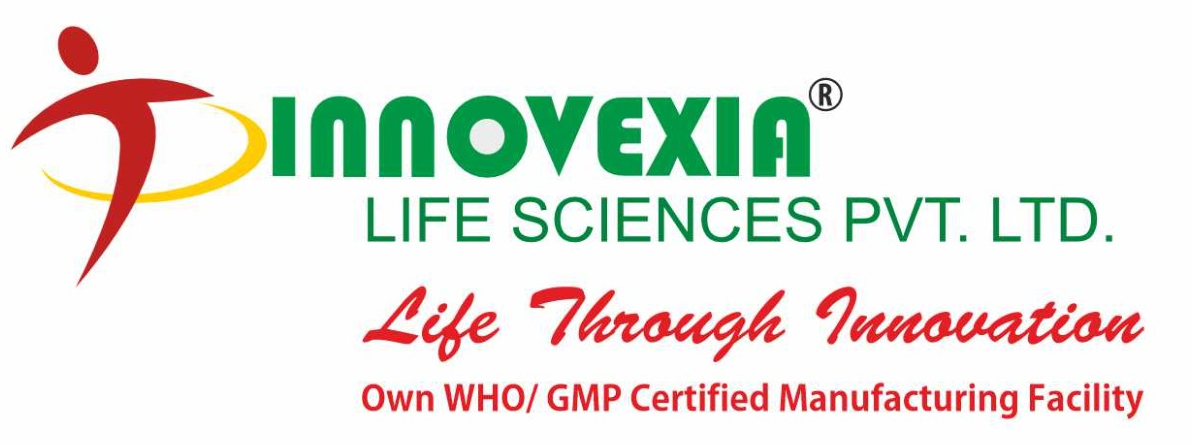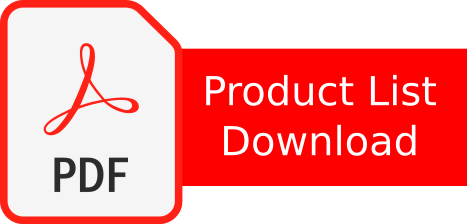I. Introduction
A. Definition of Pharma Franchise
Pharma Franchise refers to a business model in the pharmaceutical industry where a company grants permission to another company or individual to sell its products under its brand name. This model allows for the expansion of the business without incurring high costs of setting up new manufacturing facilities and distribution networks.
B. Overview of Chandigarh
Chandigarh is a planned city located in northern India and serves as the capital of two states, Punjab and Haryana. It is known for its modern architecture, urban design, and green spaces.
II. Benefits of a Pharma Franchise in Chandigarh
Chandigarh’s thriving pharmaceutical industry and supportive government policies make it an ideal location for a pharma franchise. With a well-established supply chain and access to skilled labor, businesses can thrive in this innovative and growing market.
A. Abundance of Resources
1. Availability of Medicine
2. Access to Quality Professionals
3. Prevalence of Regulatory Support
B. Financially Lucrative
1. High Demand
2. Low Cost of Entry
III. Steps to Starting a Pharma Franchise in Chandigarh
To start a pharma franchise in Chandigarh, it is important to conduct market research and identify the demand for pharmaceutical products in the area. Additionally, potential franchisees should consider the legal requirements and regulations involved in starting a pharma franchise in Chandigarh.
A. Research the Pharmaceutical Market
1. Identify the Need
Determine the current demand and supply of pharmaceutical products in the market to understand the competition and potential opportunities for growth.
2. Analyze the Regulations
This step involves a thorough examination of the regulations governing the pharmaceutical market, including laws, policies, and guidelines. It is important to identify any potential barriers or limitations that may affect the development, production, distribution, and marketing of pharmaceutical products.
3. Assess Potential Locations
Potential locations for pharmaceutical market should be evaluated based on factors such as proximity to healthcare facilities, accessibility to transportation, and the presence of a skilled workforce. Additionally, the local regulatory environment and market demand should also be taken into consideration when assessing potential locations for a pharmaceutical market.
B. Secure Financing and Licensing
1. Gather Documentation
This step involves collecting all the necessary documents required for financing and licensing, such as financial statements, tax returns, business plans, and legal agreements. It is important to ensure that all the documents are accurate and up-to-date to avoid any delays or complications in the financing and licensing process.
2. Contact Banks and Financial Institutions
Contact bank and financial institutions for securing financial and licensing. It is important to have a clear understanding of the requirements and regulations for obtaining licenses and funding from banks and financial institutions. It may be helpful to seek guidance from professionals in the industry to ensure a successful application process.
3. Find a Suitable Location and Lease
When finding a suitable location and lease, it is important to consider factors such as foot traffic, accessibility, and competition in the area. Additionally, negotiating lease terms and seeking legal advice can also be beneficial.
C. Connect with Suppliers
Connecting with suppliers can help businesses secure better deals on products and services, which can ultimately lead to cost savings and increased profitability. It also allows businesses to establish long-term relationships with reliable suppliers, ensuring a steady supply of goods.
- Establish Business Relationships
- Negotiate Bulk Discounts
- Establish Delivery Protocols

